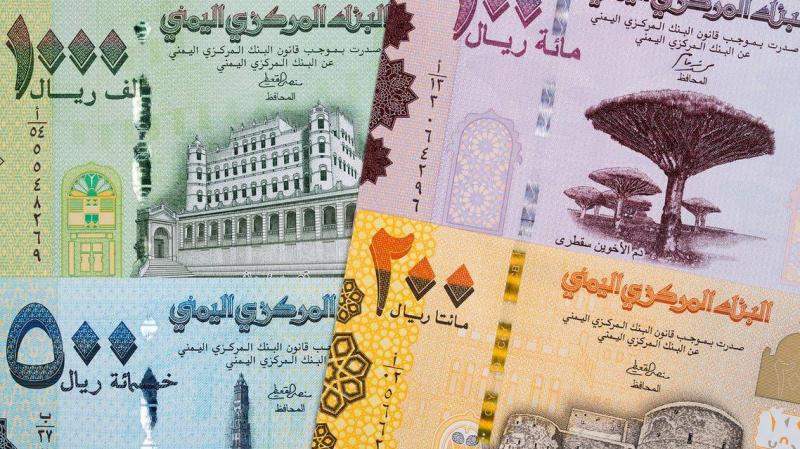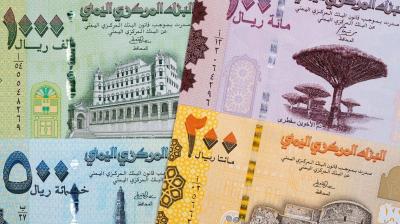The Central Bank of Yemen approved a new regulation today, Wednesday, to govern the activities of banking companies, following a historic collapse of the Yemeni rial, which reached 1017 rials to one dollar in unofficial transactions in the temporary capital, Aden. This regulation includes granting licenses to new exchange companies, provided they submit economic feasibility studies and estimated budgets for three years prepared by an accredited chartered accountant, in addition to specifying technical specifications and characteristics, including accounting systems for exchangers to ensure the integrity and accuracy of data and financial reports issued.
According to a circular issued by the Central Bank of Yemen, all exchange companies and establishments, without exception, must comply with international financial reporting standards and have their accounts audited by chartered accountants from a list that will be approved by the Central Bank. The circular clarified that the new regulation aims to organize exchange activities throughout the governorates of the republic to "reduce the risks associated with this financial activity and contribute to achieving monetary and financial stability."
The Central Bank of Yemen confirmed its intention to take strict measures against exchange companies and establishments, requiring them to comply with all legal requirements to conduct their activity and subjecting all their operations to inspection and audit under advanced inspection plans and mechanisms.
In turn, the Yemeni Exchange Association in the temporary capital, Aden, called on all exchange companies and money transfer networks to go on a full strike starting today, Wednesday, until further notice. The association stated in a statement that this decision came as a protest against the deteriorating economic and living conditions in the country. However, informed sources indicated that this move is part of a reaction to the Central Bank's measures demanding accounting standards to renew exchange companies' licenses.
The Yemeni currency has been experiencing a record decline against foreign currencies for weeks, amid a deep divide in the already deteriorating financial and monetary institutions, with a price difference between areas controlled by the Houthis and those controlled by the legitimate government. The Houthis' ban on the circulation and possession of the new currency printed by the legitimate government in the areas under their control has caused severe damage to the national economy and the legal currency.
The legitimate government indicated that the Houthis' decision to prohibit the circulation of the new currency falls within the destructive policies they have pursued since their coup to undermine the national economy, engage in corruption, speculate on the currency, and undermine the government's efforts and monetary policies.




